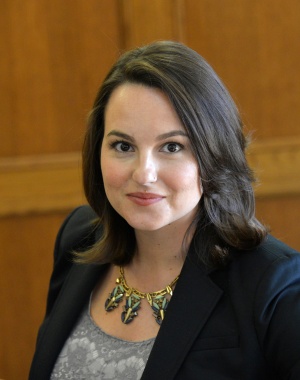PUBPOL 495 (Policy Seminar) is for students currently enrolled in the Public Policy Undergraduate Program only, no exceptions. Enrollment is by permission only.
Classic economics is based on the idea of rational actors, people making decisions that maximize their own utility based on their preferences. However, most psychological models of behavior don't assume that people are particularly rational. Some even claim that the vast majority of our decisions are not based on conscious preferences and deliberate choices, but are instead influenced by factors that are invisible to us. For example, why is that people who are desperately trying to save money end up splurging on unnecessary purchases? How is that people who don't think of themselves as racist and even go out of their way to reject racist beliefs can still act in biased ways against racial minorities? Why is it so often the case that the arguments we remember best are the ones that happen to fit with our existing beliefs?
Many psychological and behavioral economic models have been created to explain the myriad ways that people act irrationally. In this policy seminar, we will examine some of the ways in which people are predictably irrational and the implications of this irrationality for policy. We will review research from behavioral economics and psychology to explore how factors such as heuristics, implicit attitudes, social norms, self-serving biases, and emotions can shape our decisions often in ways we're not even aware of.
This course will place these recent trends in context by studying the 20th century economic history of the U.S., Europe, and Japan. We will examine (1) the origins of modern economic growth in the 19th century and the forces that increased growth in the 20th century; (2) the tremendous economic disruption of the Great Depression; (3) the growth success of the 1950s and 1960s; and (4) the cyclical and structural economic problems faced by the U.S., Europe, and Japan since 1973. The focus of this course will be on the economics of these events and the responses of economic policymakers. But we will also look to history and political science for alternative perspectives.
